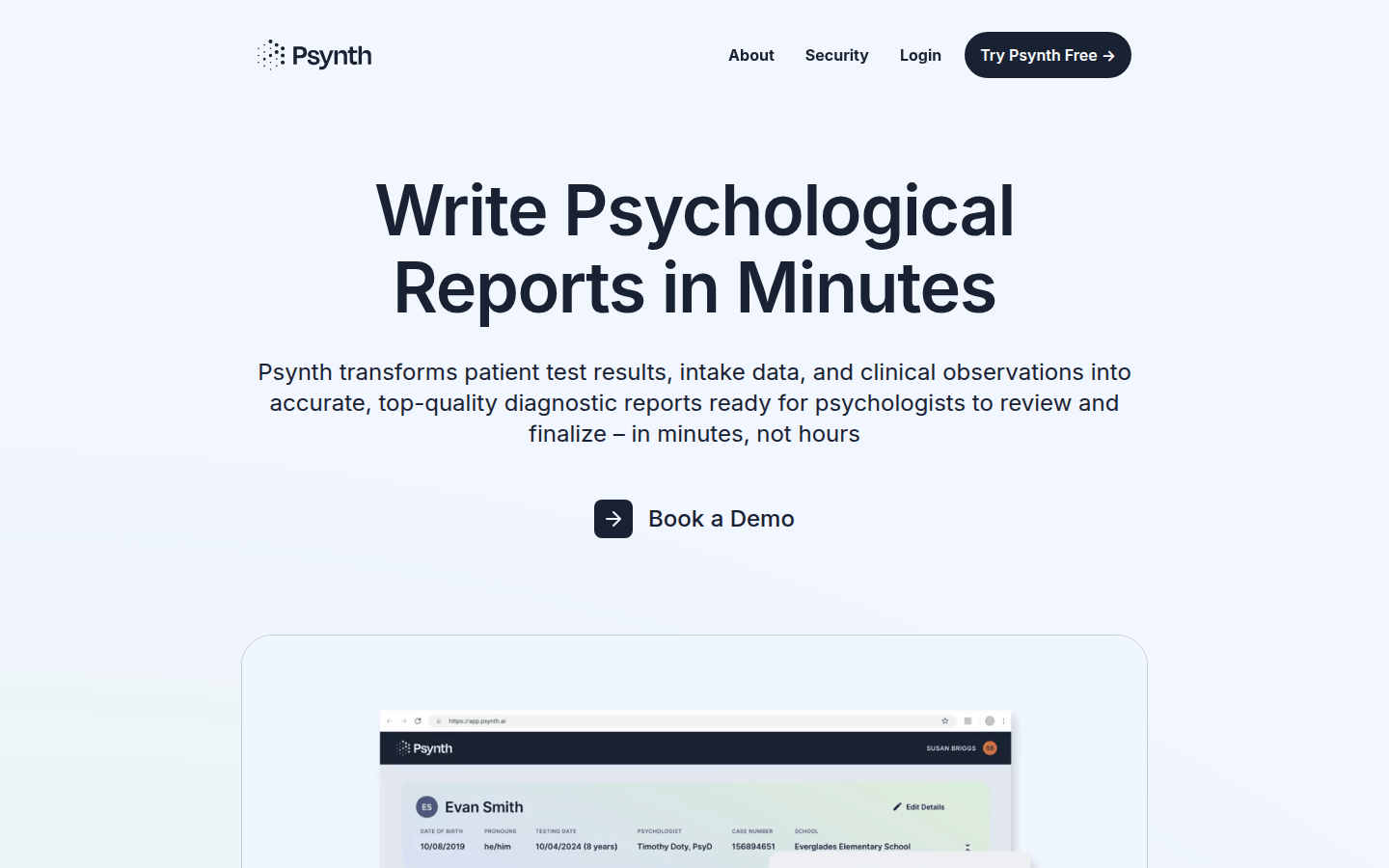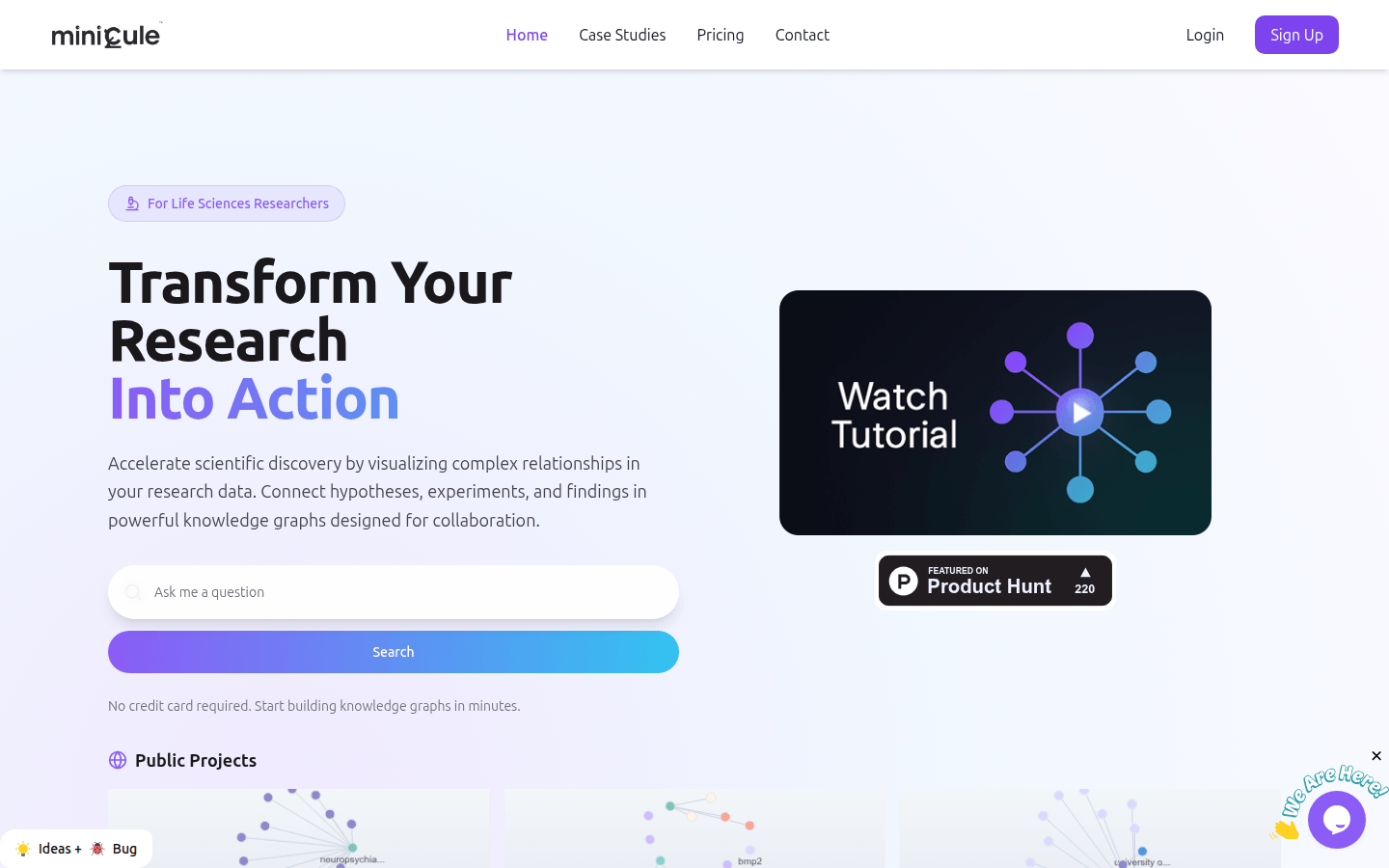OpenEMMA
Open source end-to-end autonomous driving multi-modal model

Product Details
OpenEMMA is an open source project that reproduces Waymo's EMMA model and provides an end-to-end framework for motion planning of autonomous vehicles. The model leverages pre-trained visual language models (VLMs) such as GPT-4 and LLaVA to integrate text and forward-looking camera input to achieve accurate predictions of its own future waypoints and provide reasons for decision-making. The goal of OpenEMMA is to provide researchers and developers with easily accessible tools to advance autonomous driving research and applications.
Main Features
How to Use
Target Users
The target audience is researchers and developers in the field of autonomous driving. They need an end-to-end framework to implement and test autonomous driving algorithms. The open source tools provided by OpenEMMA can help them quickly build their own autonomous driving systems and accelerate the development process through pre-trained models.
Examples
Researchers use OpenEMMA to test new autonomous driving algorithms on the nuScenes dataset.
Developers use the framework provided by OpenEMMA to develop their own autonomous driving decision-making systems.
Educational institutions use OpenEMMA as a teaching tool to show students the practical applications of autonomous driving technology.
Quick Access
Visit Website →Categories
Related Recommendations
Discover more similar quality AI tools

Psynth AI
Psynth is a software that uses artificial intelligence technology to simplify the writing of psychological evaluation reports. It converts patient test results, data and clinical observations into precise, high-quality diagnostic reports, helping psychologists save time and improve clinical accuracy.

OdysseyGPT
OdysseyGPT uses advanced artificial intelligence technology to deeply understand and utilize the information in documents. It can quickly extract key information, generate summaries, provide data analysis and other functions, greatly improving work efficiency.

HorizonX
HorizonX is an AI-powered comprehensive research environment that integrates functions such as brainstorming, literature review, data analysis, collaborative writing, citation management, and peer review. Its unique feature is that it provides intelligent assistants to assist brainstorming, AI literature review, data analysis without programming, etc., which greatly improves the efficiency and quality of research work.

Resea AI
Resea AI is a powerful research AI agent that can complete research and writing tasks from start to finish. It offers unique advantages such as information accuracy, citation formatting and research data sourcing, specifically optimized for academic research.

Minicule
Minicule is a platform for EBV research and scientific discovery. It can help users transform complex data into clear knowledge maps and accelerate the research discovery process. This product provides researchers in the life sciences with powerful data visualization and collaboration tools.

Patsnap Eureka
Eureka AI Agent is an innovative tool based on AI technology that can help users unlock in-depth insights, accelerate innovation, and enhance R&D strategies. Its main advantages include efficient and accurate information retrieval and analysis capabilities, as well as intelligent technical solution exploration capabilities. The background information of Eureka AI Agent comes from Patsnap Company, which is positioned to provide advanced AI solutions.

Firesearch
Firesearch is a search tool that uses advanced artificial intelligence technology to help users conduct in-depth research. It combines the powerful capabilities of Firecrawl and LangGraph to provide a more accurate and efficient search experience, especially suitable for users who require large amounts of information and data analysis. This tool helps users find the information they need faster with its efficient intelligent search engine, simple interface and powerful data processing capabilities.

SurfSense
SurfSense is an open source AI research assistant that integrates multiple external resources (such as search engines, Slack, Notion, etc.) to help users conduct research and information management efficiently. The product supports uploading and searching of multiple file formats, has natural language interaction capabilities, and can quickly generate content. SurfSense is designed to improve research efficiency and is suitable for users with high needs for knowledge management.

DeerFlow
DeerFlow is a deep research framework designed to drive deep research by combining language models with specialized tools such as web search, crawlers, and Python execution. This project originated from the open source community, emphasizes contribution and feedback, and has a variety of flexible functions suitable for various research needs.

Aithor
Aithorkey is an AI-powered research assistant that improves writing skills by helping users plan structure, improve clarity, and edit content. Its key benefits include providing structured feedback, suggestions for improving clarity, and personalization tools to help users write polished articles. Aithorkey's positioning is to improve users' writing efficiency and provide high-quality writing assistance services.

Awesome-LLM-Post-training
Awesome-LLM-Post-training is a resource library focused on large language model (LLM) post-training methods. It provides an in-depth look at post-LLM training, including tutorials, surveys, and guides. This resource library is based on the paper "LLM Post-Training: A Deep Dive into Reasoning Large Language Models" and aims to help researchers and developers better understand and apply LLM post-training technology. This resource library is free and open and suitable for academic research and industrial applications.

Steiner-32b-preview
Steiner is a family of inference models developed by Yichao 'Peak' Ji that focus on training on synthetic data through reinforcement learning, with the ability to explore multiple paths and autonomously verify or backtrack during inference. The goal of this model is to reproduce the inference capabilities of OpenAI o1 and verify the expansion curve during inference. Steiner-preview is an ongoing project, its open source purpose is to share knowledge and get more feedback from real users. While the model performs well on some benchmarks, OpenAI o1's inference scaling capabilities have not yet been fully realized and so is still in the development stage.

QwQ-32B
QwQ-32B is a reasoning model of the Qwen series, focusing on the thinking and reasoning capabilities of complex problems. It excels in downstream tasks, especially in solving puzzles. The model is based on the Qwen2.5 architecture and is pre-trained and optimized by reinforcement learning. It has 32.5 billion parameters and supports a processing capacity of 131,072 full context lengths. Its key benefits include powerful reasoning capabilities, efficient long text processing capabilities, and flexible deployment options. This model is suitable for scenarios that require deep thinking and complex reasoning, such as academic research, programming assistance, and creative writing.

EgoLife
EgoLife is an AI assistant project for long-term, multi-modal and multi-perspective daily life. By recording the shared life experiences of six volunteers for a week, the project generated approximately 50 hours of video data, covering daily activities, social interactions and other scenes. Its multi-modal data (including video, line of sight, IMU data) and multi-view camera system provide rich contextual information for AI research. In addition, the project proposed the EgoRAG framework to solve long-term context understanding tasks and promote the application capabilities of AI in complex environments.

Deep Review by SciSpace
Deep Review by SciSpace is an in-depth literature review tool for researchers and scholars. It uses artificial intelligence technology to help users quickly complete a systematic literature review and ensure that important papers are not missed. This tool supports a variety of functions, such as literature search, in-depth analysis, data extraction, etc., aiming to improve scientific research efficiency. It is positioned as an intelligent assistant for scientific researchers, and the price may need to be further confirmed through the official website.

Aria Gen 2
Aria Gen 2 is the second generation of research-grade smart glasses from Meta, designed for machine perception, contextual AI and robotics research. It integrates advanced sensors and low-power machine perception technology, and can handle SLAM, eye tracking, gesture recognition and other functions in real time. This product is designed to advance the development of artificial intelligence and machine perception technology, providing researchers with powerful tools to explore how to make AI better understand the world from a human perspective. Aria Gen 2 not only achieves technological breakthroughs, it also promotes open research and public understanding of these critical technologies through collaboration with academia and commercial research laboratories.